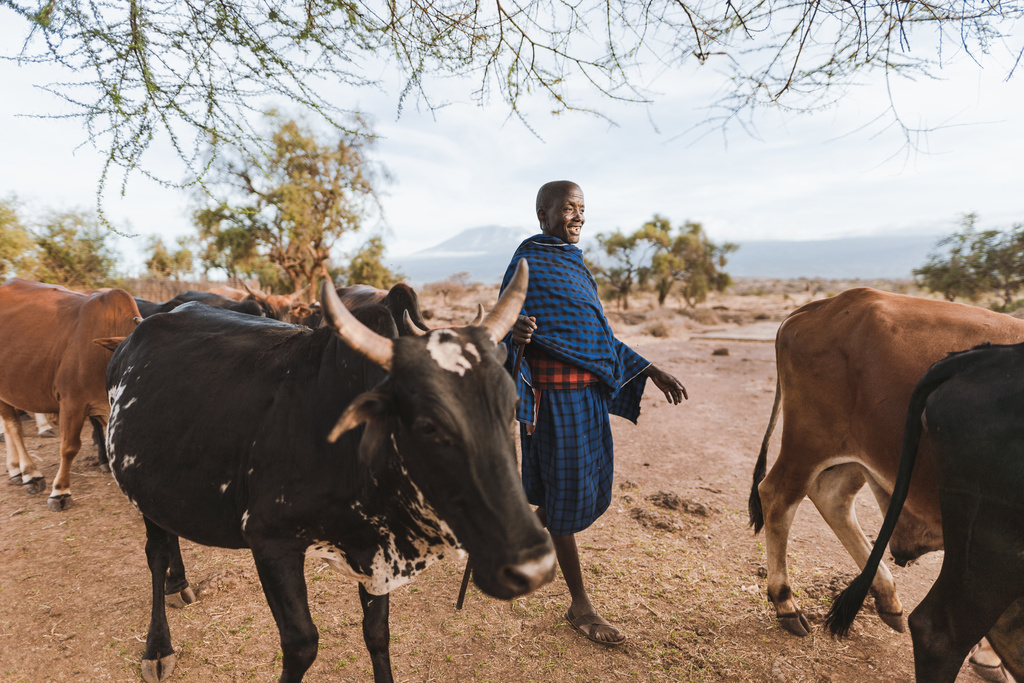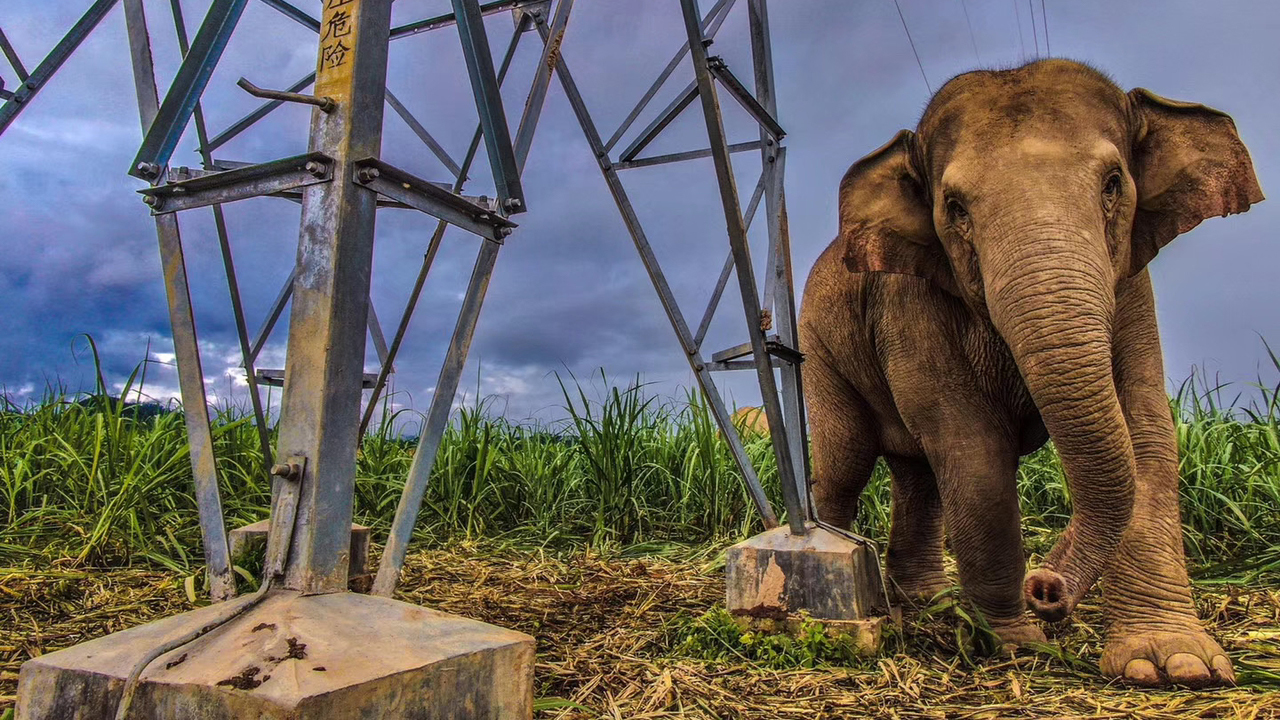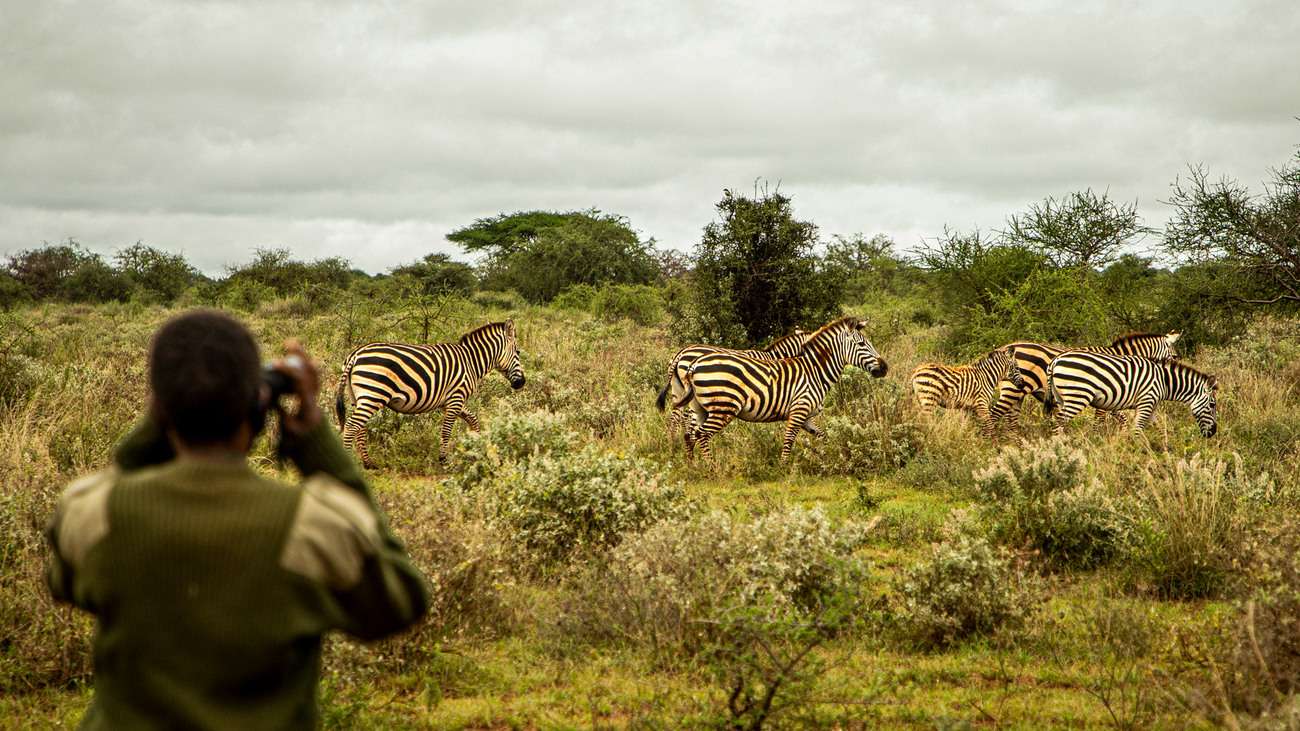community engagement
community engagement
From helping nearly 700 animal-owning households living on an active volcano in Indonesia to build resilience before disaster strikes again, to facilitating more than 3,000 local school children to visit and connect with IFAW’s landscape conservation sites, community engagement is a core strategy within every program and region where IFAW works.
Ensuring indigenous and local communities have a voice in animal welfare and conservation initiatives that affect them and are able to realize sustainable livelihood strategies is key to helping ensure animals and people thrive together.
In no other area of our work is the need to develop coexistence between people and animals more urgent and critical to saving lives than in our efforts to help communities mitigate human-wildlife conflict. By reducing the cost of living alongside wildlife (such as losing crops, livestock, pets, property, and, in the worst case, human lives), communities are not only safer and better able to realize their own livelihood goals, but also much more likely to support and participate in conservation initiatives and reject retaliatory killing of wildlife.
from conflict to coexistence in China
Yunnan includes habitat for the last remaining 300 wild elephants in China. As elephant range and human land-use and living areas have increasingly overlapped, human-elephant conflict has become one of the most critical threats to both elephants and local residents. To address this issue IFAW works in Xishuangbanna Dai Autonomous Prefecture of Yunnan in where approximately 280 elephants roam and nearly a quarter of the total area is at risk of being affected by human-elephant conflict.
In recent years elephants increasingly move outside of natural reserves to look for food. Between July 2019 and June 2020 alone, roughly half of the 12 serious human-elephant conflict incidents in Xishuangbannna happened in places where elephants had not been seen for over 40 years. This is why IFAW is working with communities to ensure peaceful coexistence between people and elephants by supporting a village-level early warning system, safety training for local residents and an initiative to help offset the cost of living alongside elephants by improving local livelihoods.
This year IFAW’s human-elephant safety training benefitted more than 25 local officials and 150 villagers. IFAW also initiated a beekeeping project expected to increase annual household income of participating households by roughly 60%. So far 10 households participated in the project and will share the bees they raised with 10 additional households in the next phase. As part of the project, IFAW also collaborates with local partners to explore options for beehive fencing as a further conflict mitigation measure.
rapid response to save human and animal lives in Kenya
Human-wildlife conflict in the Amboseli Tsavo Kilimanjaro landscape is more prevalent than poaching. Data from Amboseli Ecosystem over a 10-year period shows more than 9,000 cases of human-wildlife conflict, of which nearly half involved elephants. Hippos, leopards, hyenas and lions were involved in many of the other incidents. In addition to human injury, property damage and loss of vital crops, human-wildlife conflict was responsible for the deaths of over 1,600 livestock, 245 wild animals and 68 people during this same period. The economic losses experienced by these communities due to human-wildlife conflict is estimated at US$3.8 million.
To address this issue, IFAW contributed to the development of human-wildlife conflict protocols to ensure appropriate handling of all incidents. We also supported the creation of access roads in key risk areas to ensure better visibility for community members travelling through and easier access for wildlife protection teams to prevent and respond to incidents. Additionally, we’ve supported employing 76 community wildlife rangers from Olgulului-Ololarashi Group Ranch with human-wildlife conflict training and provide resources to aid local authorities in rapid response, which has reduced retaliatory killings and increased survival rates of injured people.
In March 2020, an exceptionally intense period began with serious human-wildlife conflict incidents reported roughly every two weeks. IFAW provided emergency funding to Kenya Wildlife Service: Amboseli National Park for community awareness sessions on the ground and over radio to prevent conflict as well as helping bring ranger support closer to communities to further reduce response time and avail local people of additional protection and support.
Thanks to these quick efforts, human-elephant conflict came to a halt during this critical period when local communities were already suffering economic and social hardships brought on the by the COVID-19 pandemic.
Stay in the know. Be ready to act.


